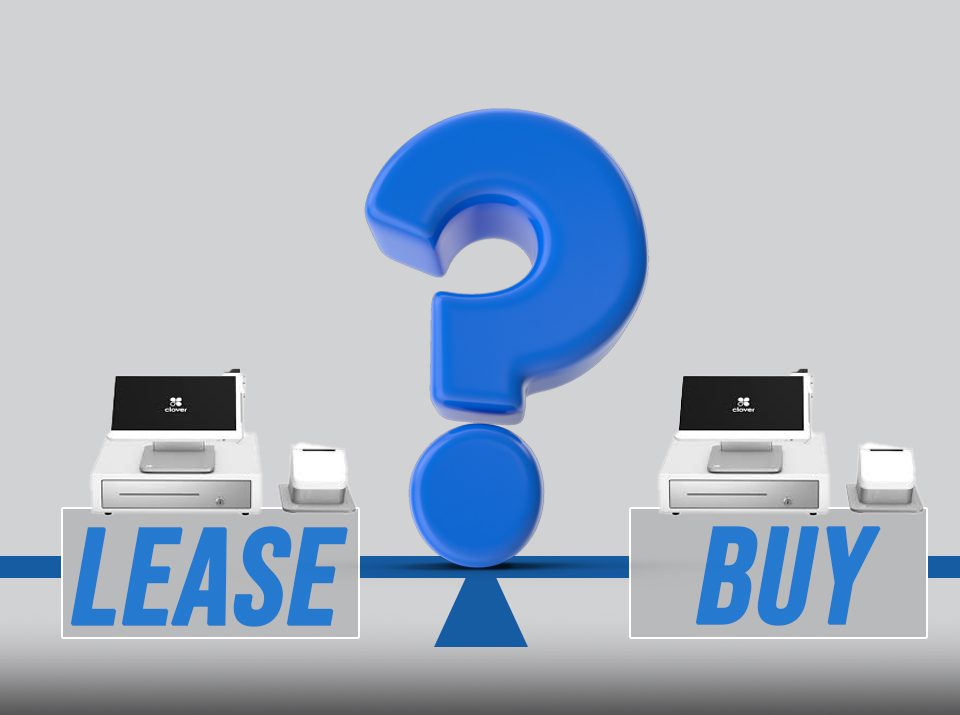What Small Businesses Need to Know Before Signing a Contract for Credit Card Processing

Leasing vs. Buying Credit Card Processing Equipment for Small to Medium Businesses
January 10, 2024
PCI Compliance: A Crucial Step for Businesses Applying for a New Merchant Account
March 19, 2024In the modern business landscape, accepting credit cards has become essential for small businesses aiming to thrive and expand their customer base. However, navigating the realm of merchant services can be complex and daunting, especially for entrepreneurs unfamiliar with the intricacies of payment processing.
Understanding Merchant Services
-
Know Your Business Needs:
- Before exploring merchant services providers, assess your business requirements. Consider factors like transaction volume, types of transactions (online, in-store, mobile), average transaction size, and your target customer demographics. Understanding your business's unique needs will help you identify the most suitable merchant services provider.
-
Research Merchant Services Providers:
- Conduct thorough research on various merchant services providers. Compare their fees, pricing structures, contract terms, and additional services offered. Look for providers with transparent pricing, excellent customer support, and a track record of reliability and security.
-
Fee Structure and Pricing Transparency:
- Pay close attention to the fee structure outlined in the contract. Common fees include transaction fees, monthly statement fees, chargeback fees, and equipment rental fees. Ensure that the pricing is transparent and clearly stated, with no hidden charges or unexpected fees.
-
Negotiate Terms and Rates:
- Don't hesitate to negotiate terms and rates with the merchant services provider. Many providers are open to negotiation, especially for businesses with high transaction volumes. Negotiating competitive rates can result in significant cost savings for your business in the long run.
-
Payment Processing Security:
- Security is paramount when dealing with credit card transactions. Ensure that the merchant services provider complies with Payment Card Industry Data Security Standard (PCI DSS) requirements to safeguard sensitive cardholder data. Choose providers that offer advanced security features like tokenization and encryption to protect against fraud and data breaches.
-
Customer Support and Service Level Agreements (SLAs):
- Evaluate the quality of customer support offered by the merchant services provider. Prompt and reliable customer support is crucial, especially in case of technical issues or payment disputes. Review the provider's service level agreements (SLAs) to understand the response times and support channels available.
-
Contract Terms and Cancellation Policies:
- Thoroughly review the contract terms before signing. Pay attention to contract length, early termination fees, and auto-renewal clauses. Understand the process for canceling the contract if necessary and any associated penalties or fees involved.
-
Compatibility with Existing Systems:
- Ensure that the merchant services provider's payment processing solutions are compatible with your existing POS systems, e-commerce platforms, and other business software. Seamless integration minimizes disruptions to your operations and enhances efficiency.
-
Scalability and Future Growth:
- Choose a merchant services provider that can scale with your business as it grows. Consider future expansion plans and assess whether the provider offers scalable solutions and additional services to support your evolving needs.
-
Read Reviews and Seek Recommendations:
- Take the time to read reviews and testimonials from other small business owners who have experience with the merchant services provider. Additionally, seek recommendations from trusted peers or industry associations to gain insights into reputable service providers.
By understanding your business needs, researching providers, negotiating terms, prioritizing security, and reviewing contracts carefully, you can make informed choices that benefit your business in the long term. Remember that the goal is to find a reliable partner that not only meets your current needs but also supports your business's growth and success in the future.




